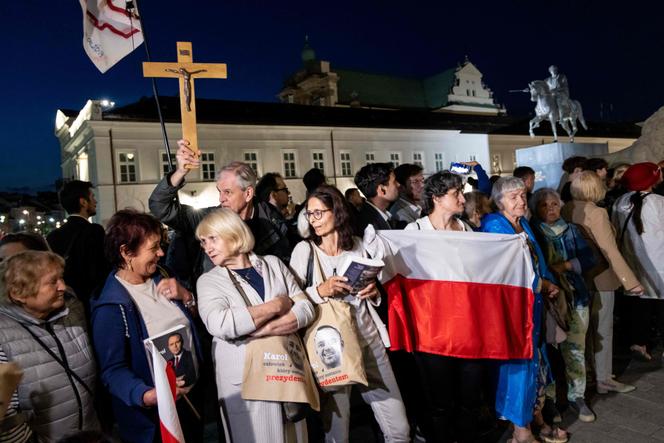

Exactly 36 years ago, Poland set in motion a revolutionary European cycle of enlargement and freedom. On June 4, 1989, Polish voters went to the polls with, for the first time in the Soviet bloc, a choice between the ruling Communist Party and defenders of Western liberal democracy united under the Solidarnosc (Solidarity) banner. The triumph of Polish democrats in that election shook the entire bloc. Six months later, the Berlin Wall fell. Eighteen months later, the Soviet Union collapsed.
Will Poland be the country that, paradoxically, closes that cycle? The victory on Sunday, June 1, of the nationalist conservative candidate Karol Nawrocki in the presidential election, with the backing of the far right, over centrist Rafal Trzaskowski, legitimately raises that question.
The result itself may seem insignificant: Nawrocki won by only a slim majority (50.89%) and, under Polish institutions, it is the prime minister who governs, in this case the highly experienced Donald Tusk. In theory, the center-right government retains power in Warsaw. But the president has the power to block legislation, thanks to a veto right over laws passed by parliament and certain appointments made by the government.

You have 77.31% of this article left to read. The rest is for subscribers only.
